CARB approves new requirements to further reduce air pollution from Transport Refrigeration Units
Green Car Congress
FEBRUARY 25, 2022
The California Air Resources Board (CARB) approved amendments to its current rule for Transport Refrigeration Units (TRUs) operating in the state. The 2022 amendments will require a variety of actions designed to reduce the pollution these units produce, and accelerate their transition to zero-emission technologies.

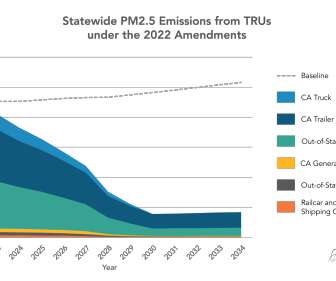
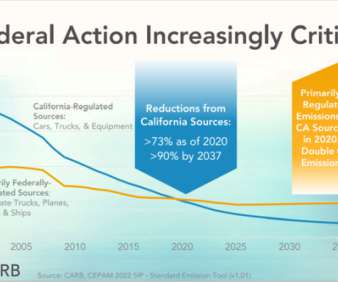
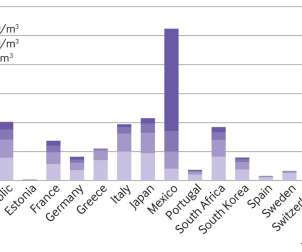


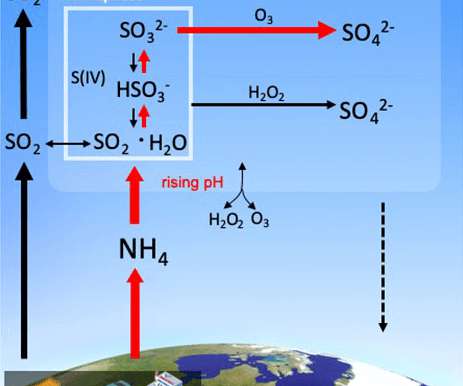
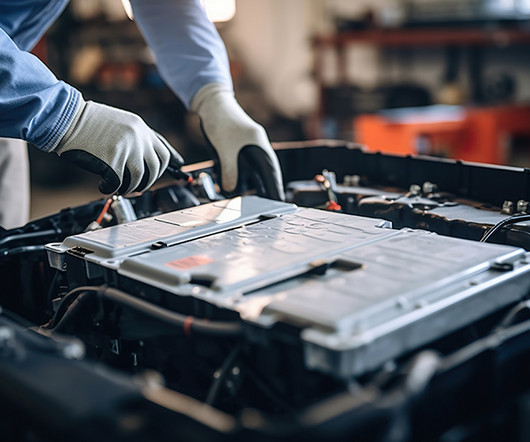



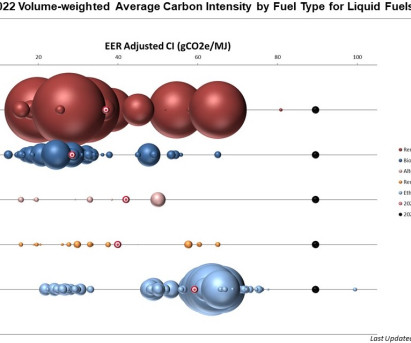









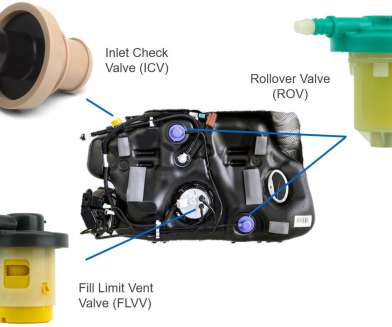
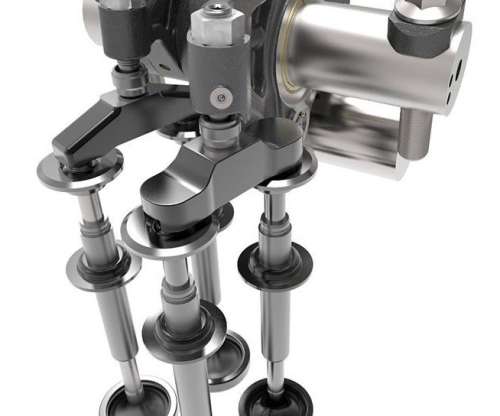



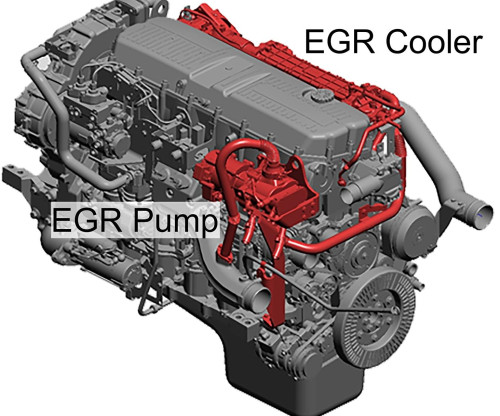



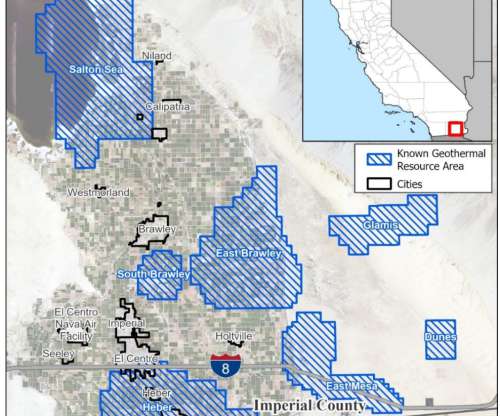













Let's personalize your content